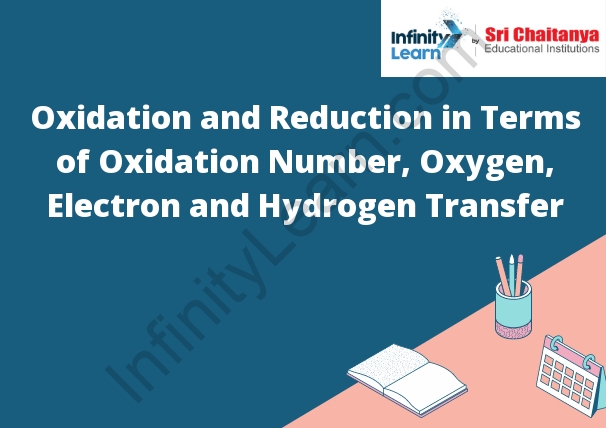Table of Contents
Introduction of Oxidation and Reduction
Oxidation and reduction are chemical reactions that are always happening together. In oxidation, a molecule loses electrons, and in reduction, a molecule gains electrons.
In the cell, oxidation and reduction reactions are used to extract energy from food. The food is broken down into molecules that the cell can use, and the energy is released in the form of electrons. These electrons are then used to power the cell’s activities.

What is Oxidation?
Oxidation is the chemical reaction that transfers electrons from a molecule to an oxidizing agent. In organic chemistry, oxidation is the process of removing a hydrogen atom from a molecule. The oxidizing agent is usually oxygen, but it can also be a strong acid or a strong base.
Oxidation is often associated with the release of energy, and it is frequently used to produce fuels such as hydrogen, ethanol, and methane. It can also be used to break down complex molecules into simpler ones, a process known as degradation.
Oxidation is a key process in the body, where it is used to produce energy from food. It is also responsible for the aging process, and it is thought that the free radicals that are produced during oxidation are responsible for many of the signs of aging.
What is Reduction?
Reduction is the process of breaking a complex thing down into its simpler parts. In science, reduction is used as a tool to understand the complex world around us. By studying the properties of the simplest elements, we can begin to understand the complex behavior of molecules, atoms, and particles. Reduction is also used in philosophy to analyze the structure of arguments and to break them down into their simplest parts.
What is Redox Reaction?
A redox reaction is an oxidation-reduction reaction in which one molecule is oxidized and one is reduced. In general, redox reactions involve the transfer of electrons between molecules. In many cases, the reactants and products of a redox reaction are ions.
What is an Oxidizing Agent?
An oxidizing agent is a molecule that can donate electrons to another molecule. This electron donation can result in the oxidation of that molecule. Oxidation is the process of losing electrons, and it is often associated with the release of energy. The molecule that accepts the electrons from the oxidizing agent is said to be reduced.
What is a Reducing Agent?
A reducing agent is a reactant that donates electrons to another molecule. This reaction is often used in chemistry to create new molecules by breaking down other larger molecules.
Oxidizing Agent and Reducing Agent in a Redox Reaction
An oxidizing agent is a reactant that helps to oxidize another reactant in a redox reaction. A reducing agent is a reactant that helps to reduce another reactant in a redox reaction.








